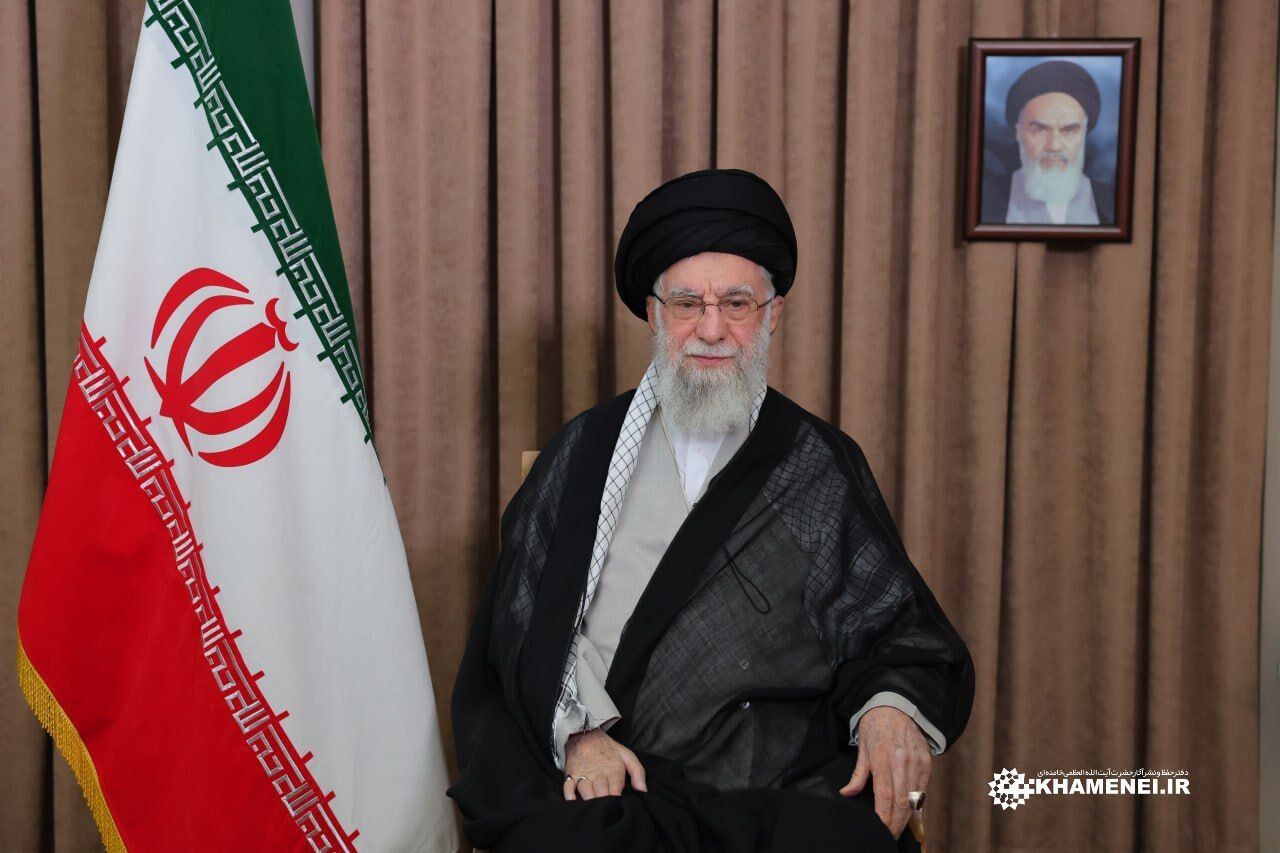
Similar Posts

Iran and IAEA: Navigating Nuclear Cooperation Amid Political Challenges
Iran has reaffirmed its commitment to addressing issues related to its peaceful nuclear program in collaboration with the International Atomic Energy Agency (IAEA), aiming to mitigate tensions with Western countries. Deputy Foreign Minister Kazem Gharibabadi emphasized the importance of constructive dialogue, following a meeting with IAEA Director General Rafael Grossi. Iran seeks to clarify unresolved nuclear matters while ensuring the security of its facilities remains a priority. However, U.S. threats complicate these discussions, as Iran demands a cessation of such pressures for meaningful negotiations. Tehran insists that any dialogue must occur in an environment of mutual respect, free from political tensions.
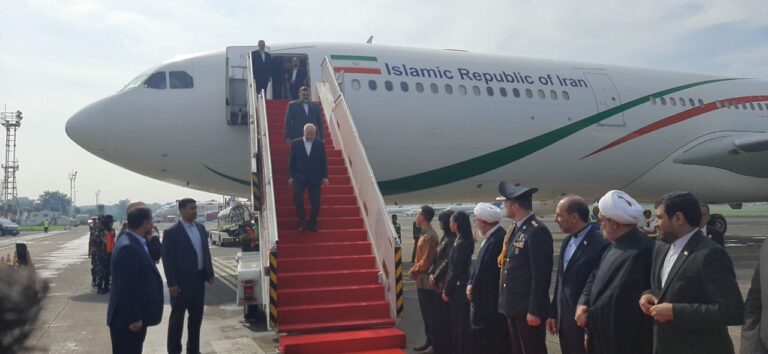
Parliament Speaker Lands in Jakarta: Key Moments from the PUIC Conference!
Iran’s Parliament Speaker Mohammad-Baqer Qalibaf has arrived in Jakarta for the 19th Conference of the Parliamentary Union of the Organization of Islamic Cooperation (OIC) Member States (PUIC), taking place from May 12 to 15. Welcomed by Indonesian officials, Qalibaf is accompanied by several Iranian parliament members, underscoring the conference’s significance for Iran. The event will focus on “Good Governance and Strong Institutions as Pillars of Resilience,” addressing critical political, economic, and social issues impacting OIC member states. This gathering aims to promote unity and collaborative efforts among Islamic nations to tackle shared challenges effectively.
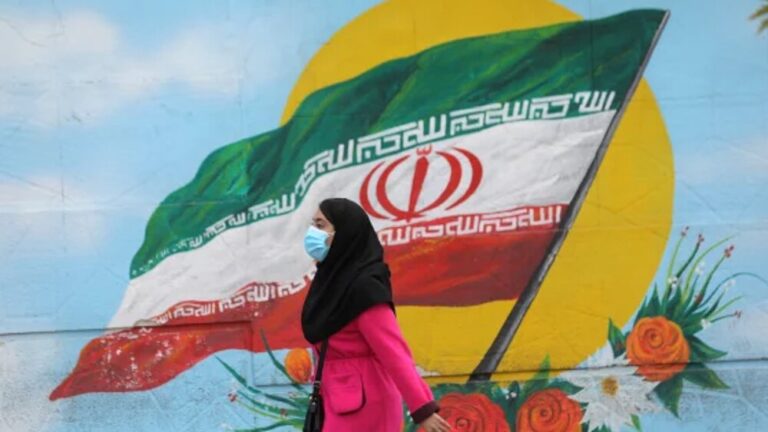
Iran’s Economic Renaissance: A Post-Islamic Revolution Revival
Iran’s economy faces inflationary pressures and rising commodity prices, challenging policymakers to achieve self-sufficiency, a key revolutionary ideology. The 1979 Islamic Revolution reshaped Iran, prioritizing economic aspirations for rural populations and improving access to essential services. Despite a population boom and historical sanctions, Iran’s GDP surged to over $401 billion by 2023, reflecting resilience against external pressures. To maintain sustainable growth, Iran must reduce oil dependency, foster knowledge-based industries, expand regional trade, and strengthen the private sector. A strategic focus on domestic production and self-reliance aims to transform challenges into opportunities for economic stability.
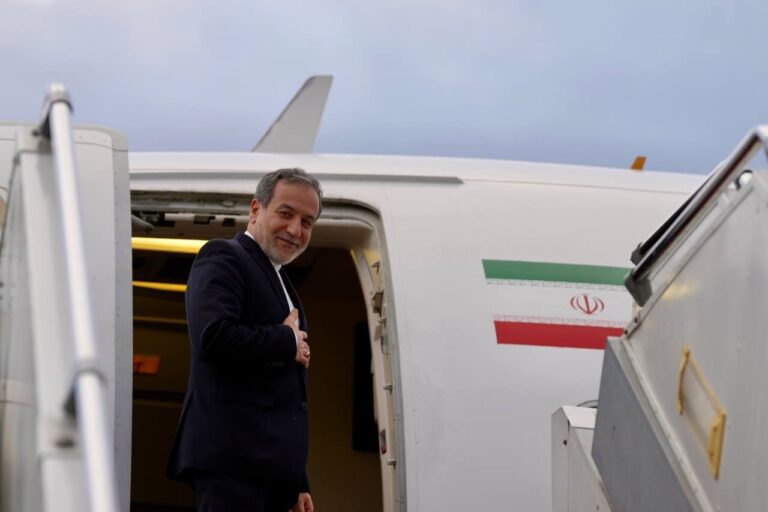
Foreign Minister Heads to Geneva for Crucial Human Rights Council Session
Iranian Foreign Minister Abbas Araqchi has arrived in Geneva for the 58th session of the Human Rights Council, which runs until April 4. His trip follows a visit to Beirut for the funeral of Hezbollah leaders. Araqchi is set to deliver a key speech on human rights issues, engage with international diplomats, and participate in the 2025 Conference on Disarmament High-level Segment. He is also scheduled to meet with UN Secretary-General António Guterres, highlighting Iran’s dedication to international dialogue and its role in global disarmament discussions. Updates on Araqchi’s activities in Geneva are expected.
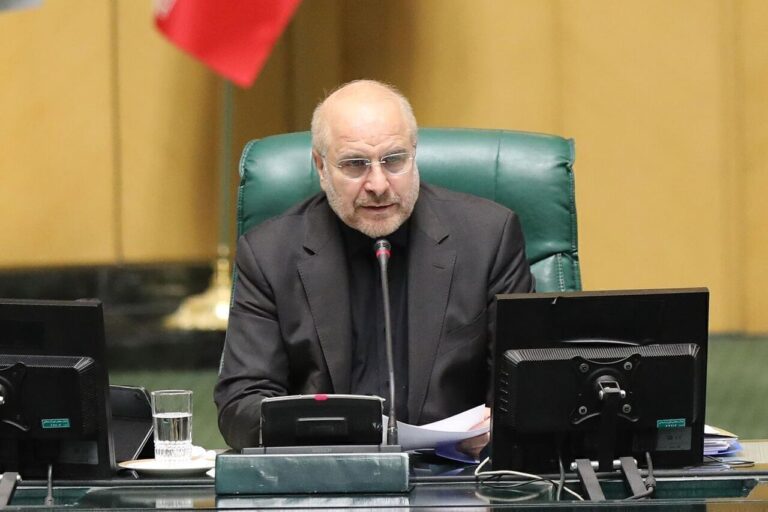
Iran’s Parliament Speaker: Hezbollah’s Power Showcase Proves Resistance is Unstoppable
Iran’s Parliament Speaker Mohammad Baqer Qalibaf praised the recent funeral of Hezbollah leaders Sayyed Hassan Nasrallah and Sayyed Hashem Safieddine, highlighting its significance in showcasing Hezbollah’s strength and unwavering support. He noted that the ceremony conveyed a global message of resistance against tyranny, illustrated public backing for Hezbollah, and affirmed that the path of resistance cannot be extinguished by violence. Qalibaf emphasized Hezbollah’s role in Lebanon’s national security and called for prioritizing national interests over foreign interference. He concluded by stressing the necessity of national consensus for Lebanon’s stability and the Islamic Republic’s support for Lebanese agreements.

Breaking: Foreign Ministry Spokesperson Reveals Ongoing Negotiations in a Professional Atmosphere
Iran and the U.S. are engaged in crucial indirect negotiations, facilitated by Oman, with a professional atmosphere emphasized by Iranian Foreign Ministry spokesperson Esmaeil Baqaei. This marks the fifth round of talks, occurring in Rome, where Omani Foreign Minister Sayyid Badr Al-Busaidi plays a key role in communication between negotiators. Baqaei dismissed foreign media speculations on the discussions, highlighting their complexity. Iranian Foreign Minister Abbas Araqchi stated that achieving a deal hinges on conditions regarding nuclear weapons and enrichment. The Iranian delegation includes senior diplomats, and the outcome could significantly impact international relations and nuclear policy.